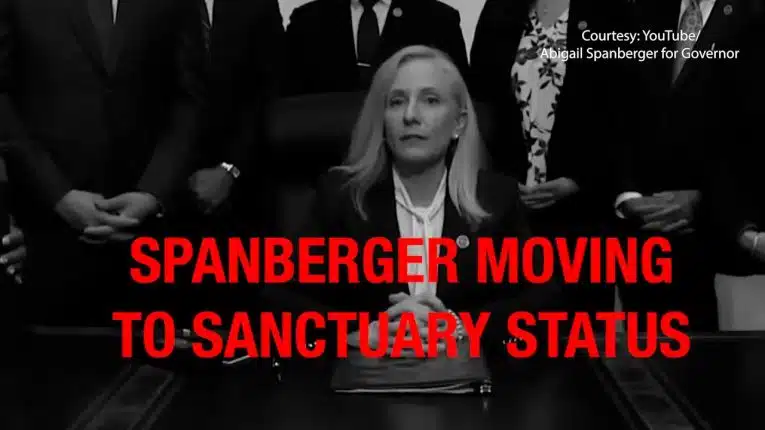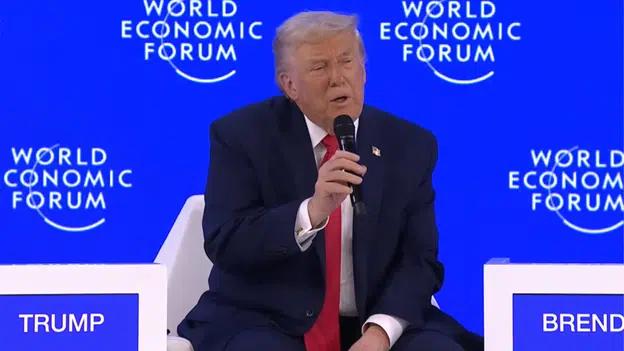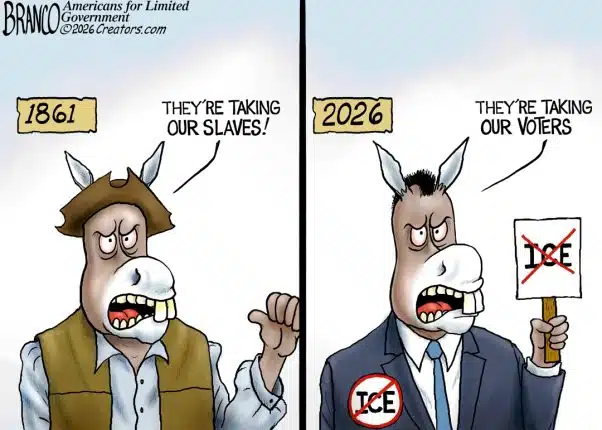By Bill Wilson — Within hours of his big win in Florida, former Massachusetts Gov. Mitt Romney again raised questions about whether he is in touch with the American people, telling reporters, “I’m not concerned about the very poor. We have a safety net there. If it needs repair, I’ll fix it.”
Really?
The nation has 13 million unemployed, another 4 million who have given up on looking for work, and another 10 million who can’t find full time work. As a matter of fact, millions of Americans are becoming poor, but Romney’s not concerned because there’s a “safety net”?
The welfare state will not even pay for a basic mortgage, as evidenced by the millions of Americans still facing foreclosure. But even if it could somehow ever be adequate or repaired, is that really what helps people get ahead? Which is better: welfare or the dignity of a real job?
At this stage in American history, of course, Americans need jobs, not welfare.
But let’s leave that aside. Giving Romney the benefit of the doubt, presidential candidates meet with thousands of reporters, and are bound to make some gaffes. It’s to be expected. Just ask Barack Obama, who was visiting 57 states on the 2008 campaign trail.
What is perhaps more important is how Romney dealt with his gaffe.
Did he talk about what it would take to create millions of jobs here? No. At the first sign of trouble on sensitive economic issues, Romney renewed his support for automatic hikes in the minimum wage indexed to inflation, something that has never been attempted before at the federal level.
That means Romney’s first instinct was to run to the left and to pander, in this case dangling higher wages for jobs that no longer exist in this country.
It’s a plan that has been tried in a few states with no positive impact.
Perpetual hikes in the minimum wage — like everything else that raises the cost of doing business in this country — have driven businesses overseas where costs are lower. By indexing wages to inflation, Romney would by definition raise producer costs, creating a vicious cycle of higher prices and fewer jobs.
Instead of leaning on supply side economics, Romney lifted a page right out of the playbook of Keynes.
About 70 percent of Republicans remain wary of a Romney candidacy nationally. And this episode may show why.
Overall, on bailouts, the individual mandate, and the Tea Party, Romney is certainly out of touch with conservatives and libertarians who he would need to be enthused going into the general election.
But with everyone else, Romney is walking right into Obama’s class warfare trap. He is vacillating between being insensitive to millions of Americans looking for work and pandering to them to make it look like he “gets it”.
He doesn’t get it. Who runs for president and doesn’t try to speak to all Americans in the first place? Why would he then play into the politics of class division by pandering? Is this how he thinks?
If so, Republicans had better figure that out soon. They’re about to nominate somebody who is ultra-sensitive to criticism from the mainstream press, and as a result, won’t stick up for taxpayers when it counts. And he’s supposed to be the safe bet?
Bill Wilson is the President of Americans for Limited Government. You can follow Bill on Twitter at @BillWilsonALG.







